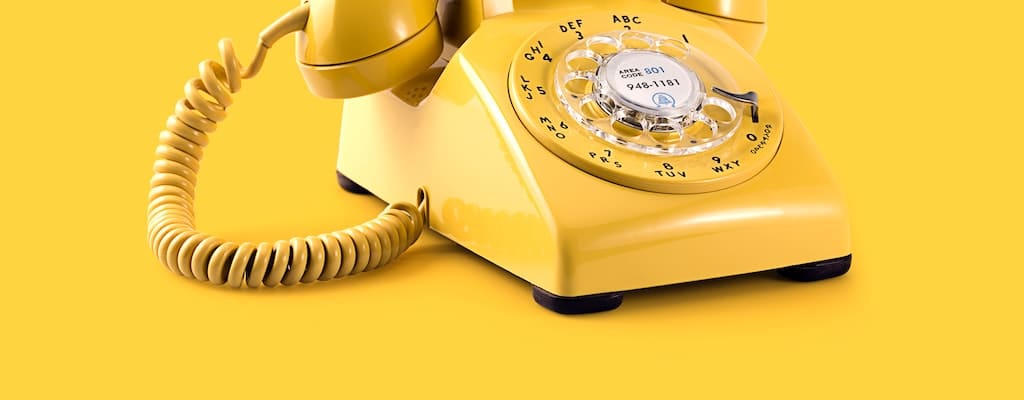on the horn: Idiom Meaning and Origin
What does ‘on the horn’ mean?
The idiom "on the horn" means to be talking on the telephone. It is often used to indicate a conversation or discussion taking place over the phone.

Idiom Explorer
The idiom "to speak of" means to mention or discuss a particular subject or topic. It is used to draw attention to something noteworthy or significant.
The idiom *phone in* means to make a telephone call, typically to provide information or participate in a conversation without being physically present.
The idiom "out loud" means to speak audibly or vocalize one's thoughts or words so that others can hear.
The idiom "on the one hand" is used to introduce a contrasting point or argument, indicating that there is another perspective to consider. It suggests that there are different sides to a situation or decision.
The idiom "on the money" means to be exactly correct or accurate.
When someone does something "on the hush," they are doing it secretly or without others knowing. It refers to keeping something quiet or confidential, often to avoid getting in trouble or causing a disturbance.
The idiom "on the horns of a dilemma" means being in a difficult situation where one has to choose between two equally undesirable options.
The idiom "on the go" means to be busy or occupied with various activities or tasks, without much time for rest or relaxation.
Deciphering the Connection
The idiom "on the horn" is commonly used in American English to indicate being on a telephone call or talking on the phone. The origins of this phrase can be traced back to the early 20th century when telephones became a popular means of communication. The idiom is believed to have originated from the similarity between the shape of the telephone receiver and that of an animal's horn, giving rise to the metaphorical usage of "on the horn" to refer to being on a phone call.
Over time, the idiom has developed various connotations and meanings beyond the literal act of being on a phone call. It can also be used to convey the idea of engaging in a conversation or negotiation, particularly one that is heated or intense. For example, one might say "I was on the horn with the insurance company all morning, trying to sort out my claim."
Furthermore, "on the horn" can be used to describe someone who is in control or has influence over a situation. In this sense, the idiom is often used in the business world to denote individuals who are making important decisions or directing the course of action. For instance, "The CEO is on the horn with the board of directors, discussing the company's future."
Another related idiom is "phone in." This expression is commonly used to describe a situation where someone does something without putting in much effort or thought. It is often used in a negative context to imply laziness or a lack of engagement. For example, one might say "He just phoned in his presentation. It was clear he didn't prepare or care about it."
"on the horns of a dilemma" is another idiom related to "on the horn." It is used to describe being faced with a difficult choice or a situation where one must make a decision between two equally undesirable options. The phrase conveys a sense of being trapped between two conflicting choices, much like a person caught between the horns of a charging bull.
Lastly, "lock horns" is a idiom that is used to describe a situation where two people or groups are engaged in a heated argument or dispute. The phrase evokes the image of two animals locking their horns together in a physical struggle. It implies a clash of opposing views or interests and can be used to describe any intense or prolonged disagreement or conflict.
It is worth noting that the idiom "on the horn" is primarily used in informal contexts, particularly in spoken language. While it has become a well-known and commonly used expression in the United States, its usage may vary in other English-speaking countries or regions.
The idiom "on the horn" originates from the resemblance between a telephone receiver and an animal's horn. It has evolved to encompass various meanings related to telephone conversations, negotiations, and control. Although widely recognized, its usage remains informal and primarily confined to American English. The idiom continues to offer potential for exploration and reinterpretation as language and communication methods evolve.
Example usage
Examples of how the idioms "on the horn" can be used in a sentence:
- He is always on the horn with his clients, discussing their needs and providing updates.
- She spent the entire afternoon on the horn with customer support, trying to resolve her issue.
- The CEO is on the horn with the investors, discussing the company's financial performance.
More "telephone" idioms
We missed the mark - nothing found.



